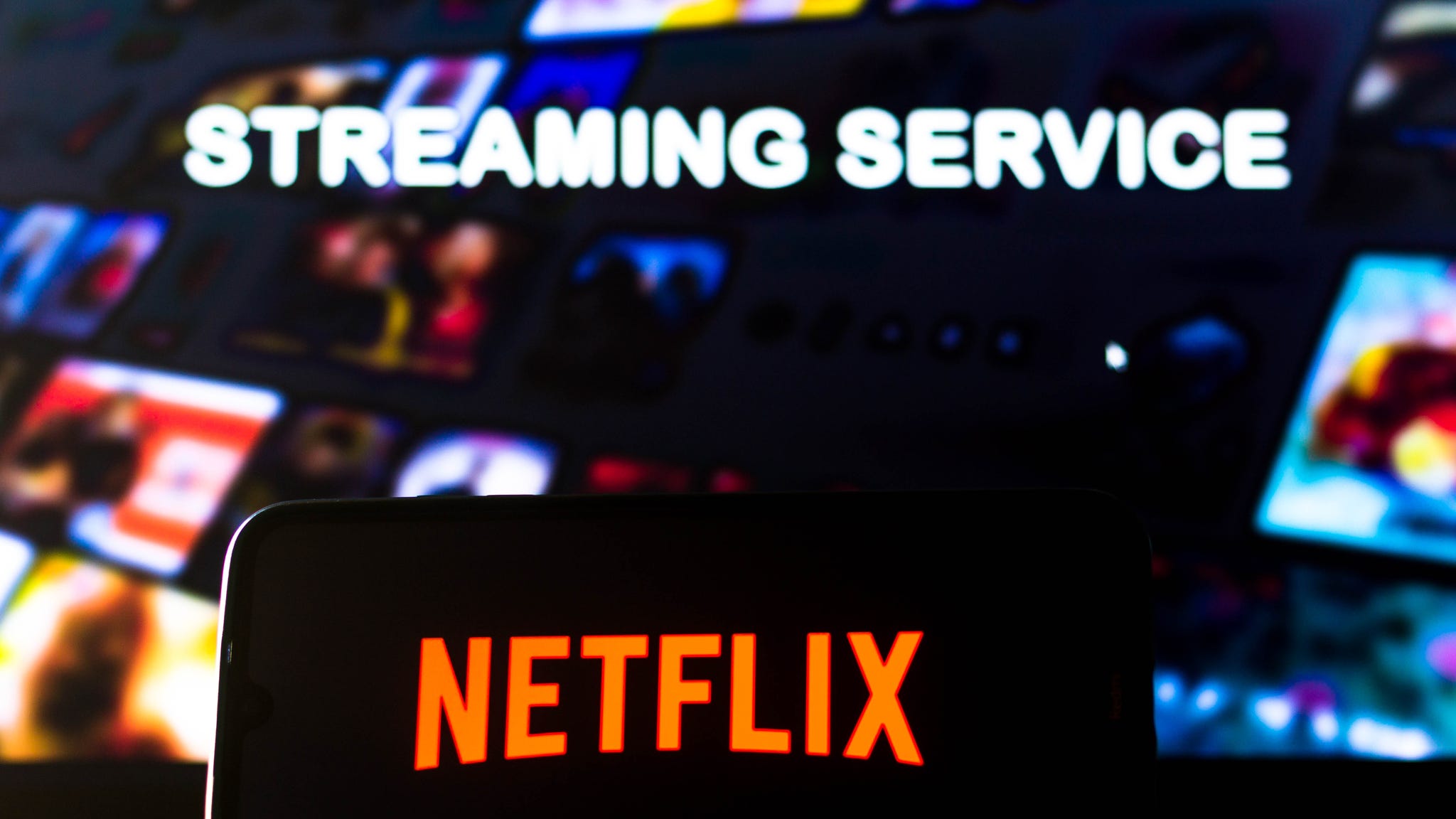
Discover the Best Book Recommendations Today
Finding great books can seem hard, but with the right help, you can find your next favorite. A good website for book recommendations can guide
The Official Website of E.B. Brown
The rise of streaming platforms has fundamentally reshaped how films are created, consumed, and categorized, breathing new life into some genres while transforming others. With audiences shifting from theaters to at-home viewing, demand for diverse content has skyrocketed, creating opportunities for experimentation and allowing niche genres to thrive. Streaming has not only altered how genres are presented but also redefined what genres succeed and how audiences engage with them.

In the era of traditional cinema, blockbusters were central to studios’ financial success, dominating theaters with their high budgets, star-studded casts, and spectacular visuals. Superhero films, action thrillers, and sci-fi epics were engineered to draw large crowds and maximize box office returns. Streaming, however, has shifted the focus to content that encourages prolonged viewer engagement.
Instead of relying solely on high-stakes spectacle, streaming platforms prioritize serialized storytelling, where gradual character development and layered narratives keep audiences hooked. This has given rise to binge-worthy formats like limited series or mini-series. Productions such as The Queen’s Gambit and Mare of Easttown exemplify how streaming can support intricate storytelling, offering the depth and pacing often unattainable in a traditional two-hour film.
Documentaries, once confined to a niche market in theaters, have flourished on streaming platforms. The flexibility of episodic formats allows docuseries to delve deeper into real-life stories, uncovering layers of detail that would be impossible in a feature-length film.
True crime, in particular, has seen explosive growth in popularity. Series like Making a Murderer and Tiger King captivated audiences with their investigative depth and shocking twists. Beyond crime, streaming has enabled niche documentaries on topics like sports (The Last Dance), social issues (13th), and even nature (Our Planet) to reach global audiences. This democratization of access ensures that even specialized subjects find their audience.
Mid-budget films, especially in the romance and coming-of-age genres, struggled in the theater-driven model dominated by blockbusters. Streaming has revitalized these genres by offering a platform for intimate, character-driven stories.
Romantic comedies like To All the Boys I’ve Loved Before and Always Be My Maybe have found massive audiences on Netflix, proving that the demand for heartfelt storytelling remains strong. Similarly, coming-of-age films such as Lady Bird and The Half of It thrive on streaming, where the subtle emotional nuances resonate with viewers in the comfort of their homes. By removing the financial risks associated with theatrical releases, streaming platforms have allowed these genres to flourish.
Streaming has provided fertile ground for hybrid genres and unconventional storytelling. The flexibility of the platform encourages filmmakers to blend genres that might not perform well in theaters.
For example, Stranger Things seamlessly combines horror, sci-fi, and coming-of-age drama, while Russian Doll mixes dark comedy with psychological thriller elements. These experimental narratives resonate with streaming audiences, who appreciate content that defies traditional genre boundaries. Streaming platforms cater to diverse subscriber bases, enabling risk-taking that might be deemed too uncertain for theatrical releases.
While streaming has diversified genre offerings, it hasn’t abandoned blockbusters. Instead, it has redefined them for the at-home experience. Films like Extraction and The Old Guard deliver high-octane action, optimized for smaller screens and shorter viewing sessions. These streaming blockbusters maintain the excitement of their theatrical counterparts while adapting pacing and narrative structures to suit home viewing habits.
Streaming has also bridged cultural divides, making international content more accessible than ever. Foreign-language films and series, such as South Korea’s Parasite and Squid Game, Spain’s Money Heist, and Denmark’s The Chestnut Man, have captivated global audiences. Platforms like Netflix and Amazon Prime champion diverse storytelling, proving that compelling narratives transcend language and cultural barriers.
Scandinavian noir, Japanese anime, and Indian dramas are just a few examples of genres that have found new audiences thanks to streaming. This global exchange enriches the streaming landscape, exposing viewers to stories and perspectives from around the world.
Streaming has fundamentally changed how audiences interact with content. Viewers now expect layered narratives, complex characters, and stories that unfold at their own pace. This has driven a shift away from spectacle-driven plots toward rich, character-centric storytelling.
Audiences are also more willing to explore unconventional narratives and underrepresented voices. Streaming platforms have created space for diverse stories that may have struggled to find theatrical distribution. This includes films that explore LGBTQ+ themes, cultural identities, and social issues, offering viewers a broader tapestry of human experiences.
The streaming revolution has expanded the boundaries of film genres, fostering creativity, risk-taking, and inclusivity. By offering on-demand access to a vast range of content, streaming platforms have redefined what is possible in storytelling.
From binge-worthy series to international blockbusters, streaming has democratized entertainment, ensuring that every genre—whether traditional or experimental—has a place to thrive. As this transformation continues, the film industry will undoubtedly discover even more ways to captivate and engage audiences in the ever-evolving landscape of streaming.

Finding great books can seem hard, but with the right help, you can find your next favorite. A good website for book recommendations can guide

Connecting with fellow book lovers can open up new worlds and build lasting friendships. A local Reading Community offers a sense of belonging and enriches

The rise of digital publishing has made E-book Platform solutions more popular. With many online e-book platforms out there, picking the right one is key.